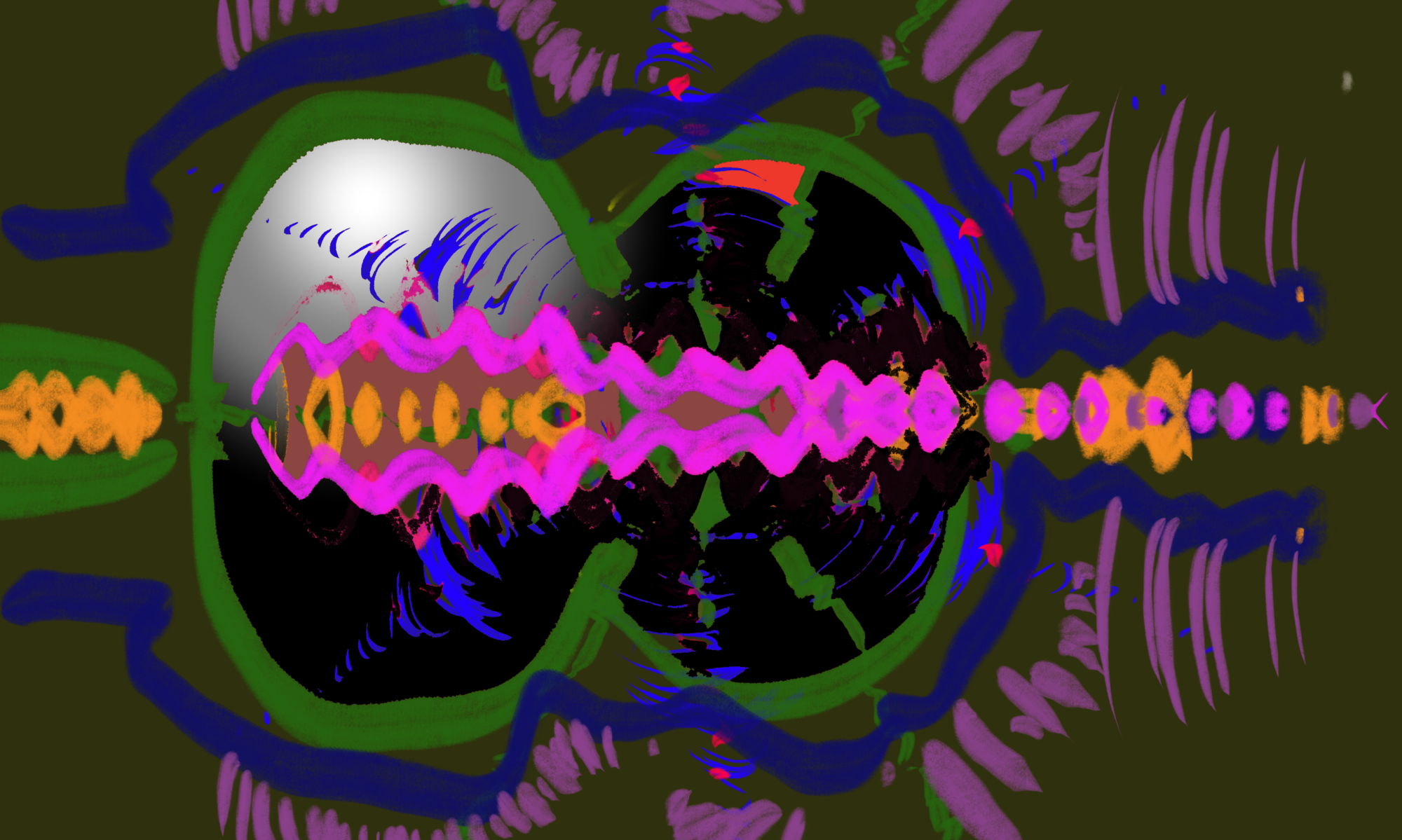Near as soon as the first scenes start coming out, the structure starts to change; this is pretty typical of how it goes for me. Got a skeleton of ~ 24 basic scene actions (each scene actions usually translates to a single scene. The exception would be in a multi-threaded or “epic” story, where a scene will always have more than one scene action – typically a threaded character gets an objective on their journey as well as the protagonist). By the way, this is shaping up to be an Epic style play. For a good definition of what’s meant by Epic, see The Power of the Playwright’s Vision by Gordon Farrell
Now, as secondary characters become more complete, they start arguing with me that they want to do more, and that means changes to the structure to respond to their lobbying.
NAMES are really important to characters for me… i tend toward a modernized Restoration Comedy naming convention, where a character’s name correlates closely to their character. So the lead character’s working name for now is Vera, with all those connotations (it will probably change, it’s a bit heavy-handed, that the seeker after truth would be named Vera). But there are all these rich tangents; Does anybody here remember Vera Lynn? The secondary characters tend to have less well-defined names at this point; i’m naming them obvious things like caliban, dulcinea and pericles, names too absurd to coexist in a script with a concrete structure. Using ridiculous but evocative names keeps alive both (1) the basic spine of the character (2) the fact that it HAS to be changed before the draft goes to anyone; again, typical of how I work.
DETAILS On a related note, I tend to not work out the detailed things whilst writing initial drafts… I leave spaces in the script-in-progress that says things like, “insert haiku about laundry here” because my head doesn’t interrupt well; if it’s on a streak of writing plot points it’s not going to be too good at writing lyrics or crafting an acerbic comeback. This is a painful thing, I have this creative ADD thing going on, so if I get distracted, I’ve lost the context – all the little intricate threads I thought I was weaving into permanence become fumetti (little puffs of smoke). Are you like that… is it hard to re-focus on the context once the stack gets popped, (software term) after an interruption?

